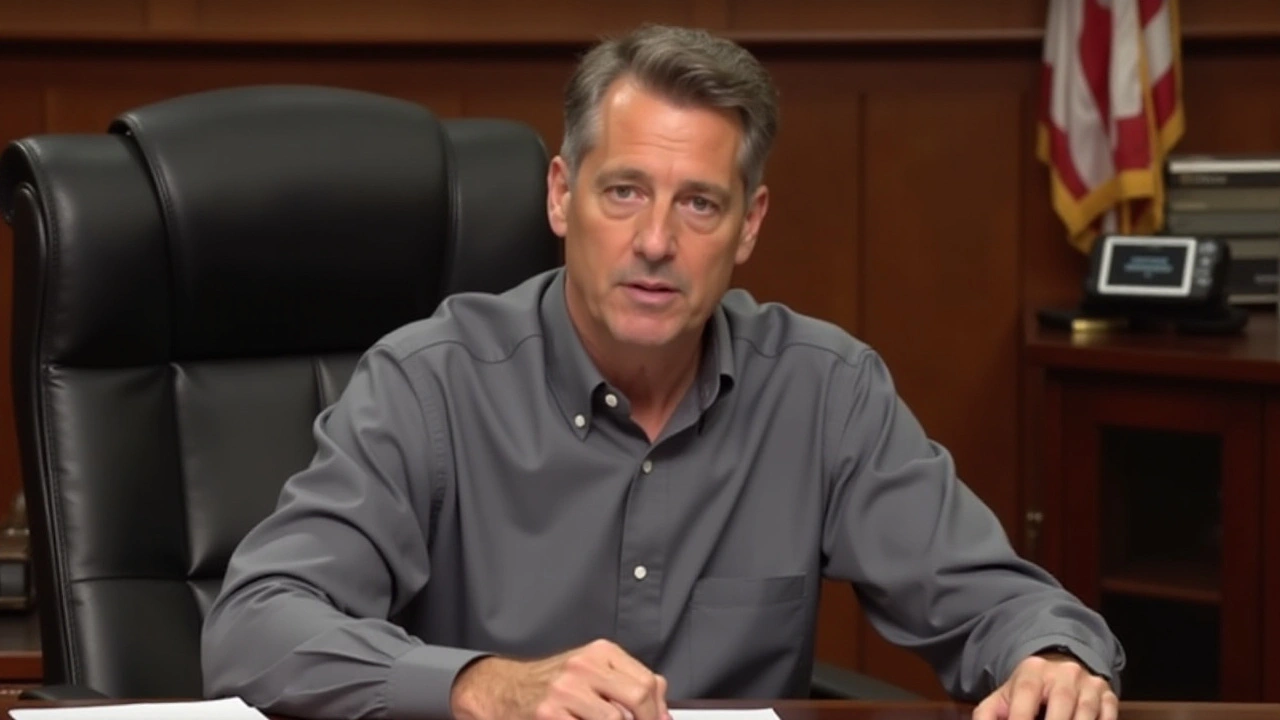Kenya Extrajudicial Killings: What’s Happening and Why It Matters
When a person is killed by security forces without a trial, it shakes trust in the whole system. In Kenya, several high‑profile cases have sparked protests, lawsuits, and heated debate. You might have seen headlines about suspects dying in police custody or activists disappearing after speaking out. These incidents aren’t isolated; they show a pattern that people across the country are trying to stop.
What makes a killing “extrajudicial” is simple: the state takes a life without following the law. In Kenya, the term often appears in reports about alleged police raids, anti‑terror operations, and clashes with protesters. Families of victims say they receive no answers, and investigations stall or disappear. That silence fuels anger and fuels calls for reform.
Recent Cases and Patterns
One of the most talked‑about cases this year involved a young man who died after being detained during an anti‑corruption raid in Nairobi. Officials claimed he died of natural causes, but his relatives found bruises and a broken neck. Another case from the coastal region saw three activists arrested during a land‑rights demonstration; all three were later found dead with signs of violent restraint.
These stories share common threads: the victims are often low‑income or politically active, the official explanations are vague, and the forensic reports rarely match the family’s observations. Human‑rights NGOs have documented dozens of similar incidents over the past five years, suggesting a systemic issue rather than a handful of rogue officers.
Legal Options and Ways to Help
If you want to make a difference, start by staying informed. Follow reliable Kenyan news outlets, local NGOs like the Kenya Human Rights Commission, and international watchdogs. When a new case surfaces, share verified information on social media to keep pressure on authorities.
You can also support legal actions. Many families hire public‑interest lawyers who file complaints with the Independent Policing Oversight Authority (IPOA) or take cases to the International Criminal Court if local avenues fail. Donating to groups that fund these legal battles helps keep the fight alive.
Another practical step is to attend community meetings or peaceful protests. Showing up in numbers tells the government that citizens won’t accept silence. If you’re a student or work in a public office, consider signing petitions that demand transparent investigations and reforms to police training.
Finally, hold your elected officials accountable. Write to your MP, call your local council, and ask them to vote for legislation that strengthens oversight, mandates independent autopsies, and protects whistle‑blowers. Change starts with small actions that add up.
Kenya’s future depends on a justice system that respects life. By staying aware, speaking out, and backing legal challenges, you become part of the solution. The next time you hear about another extrajudicial killing, remember you have tools to push back and demand real accountability.
Kenya is facing a serious human rights crisis with abductions and alleged extrajudicial killings prompting public outcry. Public Service Cabinet Secretary Justin Muturi has called on President William Ruto to end these acts, highlighting the tragic case of missing men from Mlolongo. The killings, often shrouded in mystery, are stirring national concern about leadership accountability and the role of security forces.
More
